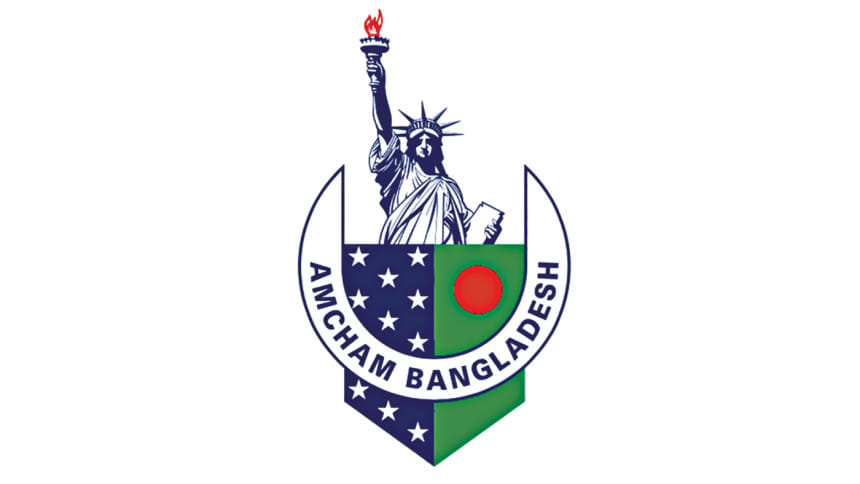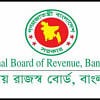Measures for macroeconomic stability, trade, investment insufficient

Although some steps were taken in the right direction, the measures proposed in the budget for the upcoming fiscal year centring macroeconomic stability, trade and investment are insufficient, experts and businesspeople opined in a discussion.
They made the remarks during a "Post-Budget Panel Discussion" organised by the American Chamber of Commerce in Bangladesh (AmCham) at the Sheraton Hotel in the capital yesterday.
Those present recommended placing more emphasis on combatting the foreign reserve crisis, finding alternatives to increase export revenue and adjusting the tax-free income limits as well as tax and VAT policy.
Mahbubul Alam, president of the Federation of Bangladesh Chambers of Commerce and Industries, attended the discussion as chief guest.
M Masrur Reaz, chairman of the Policy Exchange Bangladesh, moderated the discussion and also presented an overview of the proposed national budget for fiscal year 2024-25.
Reaz said the new budget faces three types of uncertainties: ensuring adequate revenue collection, managing the ballooning fiscal subsidy and managing the financing of the growing fiscal deficit.
In his presentation, Reaz said duties have been reduced on only a few essential items despite high inflation, with uncertain impacts on consumer prices.
He added that the domestic borrowing target of Tk 160,900 crore, or 64 percent of the total budget deficit, would exacerbate pressure on the taka and further affect dollar liquidity in the banking system.
Alam also urged the National Board of Revenue (NBR) to expand the tax net instead of putting more pressure on those who are paying taxes.
He added that good governance was crucial in every sphere.
Muhammad Abdul Mazid, former chairman of the NBR, said that policy frameworks are needed to increase revenue.
He added that the NBR often makes policies, but those are not reflected in their operations in reality.
He also cautioned that the revenue earned in FY25 may not be good because the economic situation is not good enough, adding that banks are facing a liquidity crunch so businesspeople may not get adequate funding.
Nihad Kabir, former president of the Metropolitan Chamber of Commerce and Industry, recommended emphasising budget implementation.
Ashraf Ahmed, president of the Dhaka Chamber of Commerce and Industry, said the proposed budget was designed to contain high inflation. He hoped that the ongoing challenges, including the forex reserve crisis, would be resolved by this December.
Md Moinul Huq, AmCham executive committee member and country officer of Citibank NA Bangladesh, and Reaz Islam, chief executive officer of L-R Global Bangladesh Asset Management Company Limited, also took part as panellists.

 For all latest news, follow The Daily Star's Google News channel.
For all latest news, follow The Daily Star's Google News channel. 








Comments